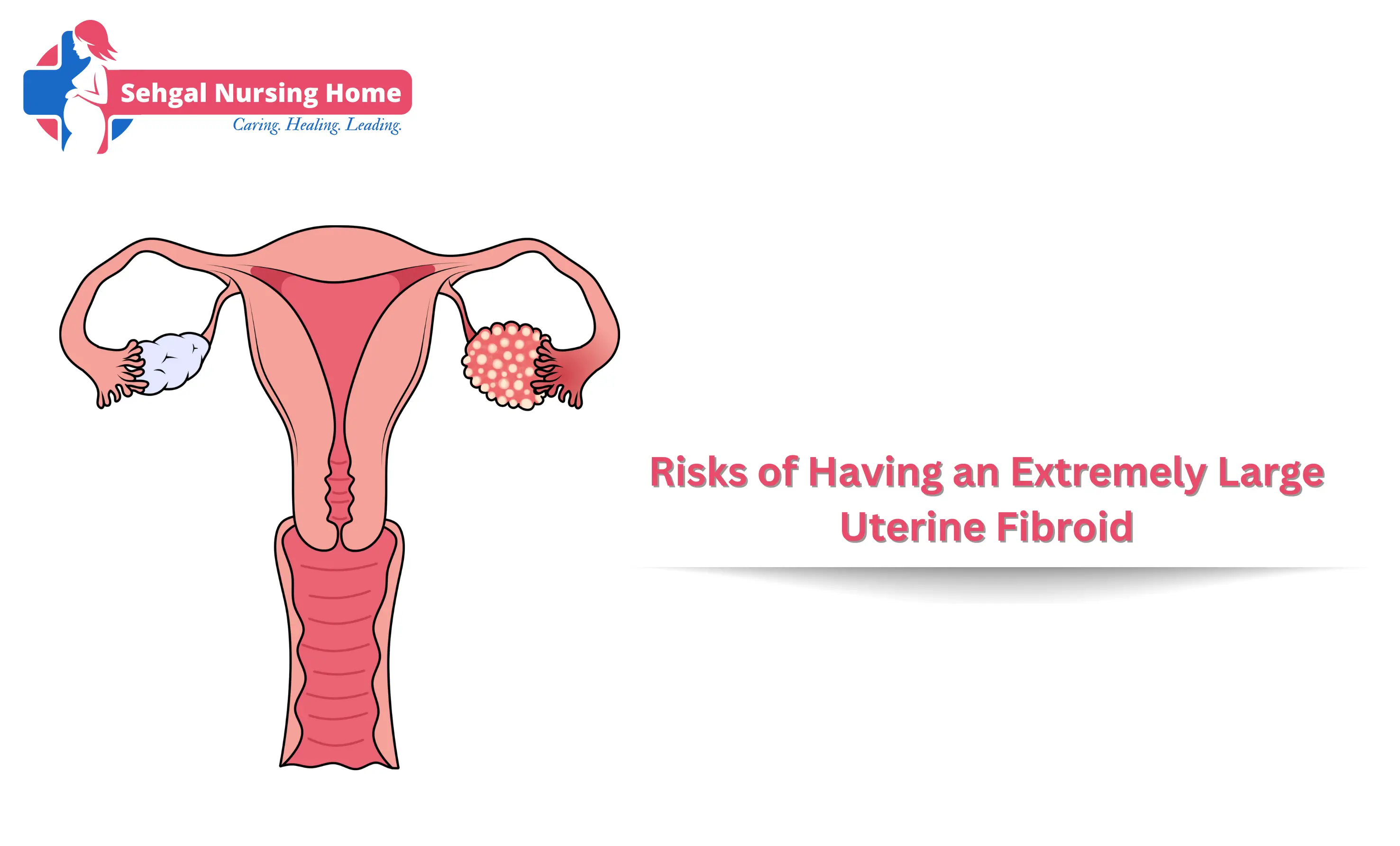
Ovarian cysts exist as fluid-filled sacs that grow either on the outside or within the ovaries of women. The occurrence of ovarian cysts remains typical among women who are capable of having children, and most cysts naturally disappear without producing any health issues. The treatment of ovarian cysts should not be delayed because particular cysts produce severe pain or dangerous health issues. This text explains ovarian cysts through definitions of their nature and symptoms, followed by diagnostic techniques and treatment methods.
Each female body contains two almond-shaped ovaries, which rest on opposite sides of the uterus. The ovaries generate eggs (ova) and specific hormones that control menstrual cycle activities. Different circumstances lead to the formation of ovarian cysts. The most common kind of ovarian cysts are functional cysts, including follicular and corpus luteum cysts that develop during menstruation and then naturally disappear. Dermoid cysts and endometriosis represent additional categories of ovarian cysts that require more time to disappear and occasionally create medical complications.
Suggest to Read :- What To Eat After Abortion For Fast Recovery
The symptoms of ovarian cysts remain unnoticeable to most patients because small benign cysts do not cause physical signs. Symptoms of ovarian cysts usually become detectable through these indicators:
Pelvic Pain or Pressure: The intensity of pain associated with ovarian cysts varies between mild sensations and intense stabbing sensations. The symptoms tend to worsen with physical activities and during sexual intercourse.
Bloating or Abdominal Swelling: A person with ovarian cysts usually experiences a heavy or stuffed sensation within their lower abdomen.
Changes in the Menstrual Cycle: The menstrual cycle can become heavier or irregular.
Frequent Urination or Difficulty Emptying the Bladder: Cysts that grow large enough to touch the bladder will result in more frequent urination or feelings of incomplete bladder emptying.
Hormonal Imbalances: The production of hormones by specific cysts can trigger breast tenderness and result in unexpected weight gain.
Medical attention becomes essential when you experience severe, sudden pelvic pain and when you notice sharp pain plus fever along with dizziness or vomiting. Medical attention is required for both ovarian torsion and cyst rupture because these symptoms present themselves.
Your evaluation at Sehgal Nursing Home will diagnose ovarian cysts and determine their condition after a complete examination. The diagnostic process at Sehgal Nursing Home includes the following sequence of steps.
Physical Examination: The first step of your medical examination involves a pelvic examination to detect any unusual pelvic area swellings or masses.
Imaging Tests: The first diagnostic imaging test for cyst detection, size assessment, and structural examination uses ultrasound technology. Further assessment requires doctors to order either an MRI or a CT scan.
Blood Tests: Health professionals conduct the CA-125 test on blood to examine both cancerous growth and specific ovarian development types.
The course of treatment for ovarian cysts depends on the characteristics of the cyst, your health status, and your symptoms, as well as the dimensions and growth speed of the cyst. Here are some common approaches:
Watchful Waiting: The majority of functional cysts disappear without medical intervention because their natural course leads to their dissolution. Regular monitoring with ultrasound exams will track the cyst size when your doctor decides to observe the cyst, since symptoms are minimal.
Medication: Women who use birth control pills as hormonal contraceptives can both manage their menstrual cycle patterns and stop new cysts from developing. The medication shows limited effectiveness in shrinking the size of existing cysts, but does not always produce these results.
Surgery: The treatment for ovarian cysts depends on factors such as the type, size, and rate of growth of the cyst, your symptoms, and overall health.
Your reproductive health benefits from a healthy lifestyle, although it cannot stop all ovarian cyst development. Physical exercise, proper diet, and regular physical examinations result in improved early diagnosis and treatment of medical conditions. People with polycystic ovary syndrome (PCOS) should receive close medical support from their doctor for condition management to prevent complications.
Sehgal Nursing Home delivers complete gynecological care that includes standard checkups and advanced surgical medical procedures. If persistent ovarian cysts are contributing to fertility challenges, seeking infertility treatment in Delhi at Sehgal Nursing Home may provide you with personalized solutions and expert guidance for your reproductive health.
The public can reach Sehgal Nursing Home for additional details and appointment booking. The professionals at our clinic are available to help you with questions while delivering excellent healthcare services.
© 2024 Sehgal Nursing Home, Inc. All rights reserved | Website designed by Digital Net India